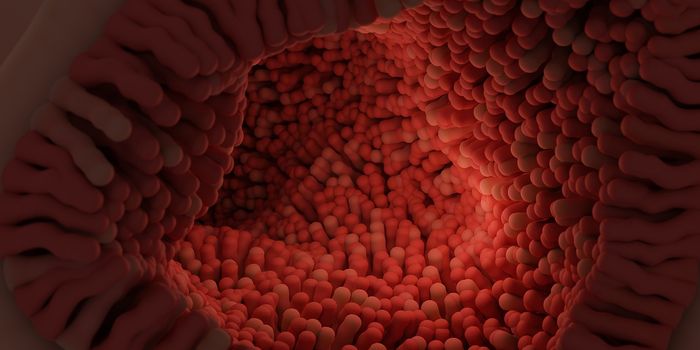Nanoparticles Designed to Enhance Seasonal Flu Vaccines
Seasonal flu vaccines only work around 40 to 60 percent of the time, says the U.S. Centers for Disease Control and Prevention. New preclinical data from a study published in the Proceedings of the National Academy of Sciences says a novel nanoparticle-based vaccine could help boost the performance and speed up the manufacturing of these seasonal flu vaccines.
"The results are very encouraging," said Jonathan Lovell from the University at Buffalo, senior author of the study.
"Typically, flu vaccines contain either deactivated microbes that cause influenza, or they are based on weakened forms of the disease. The vaccine we're developing is a recombinant protein nanoparticle vaccine that stimulates a strong immune response," Lovell explained.
Among the advantages of the new liposome-based flu vaccine are that it may enhance the effectiveness of seasonal flu shots, and can be produced at mass scales much faster as unlike conventional vaccines, nanoparticle vaccines are not produced in chicken embryos. Additionally, because nanoparticles are so potent, a little goes a long way. Smaller doses are required to protect individuals, which can maximize the supply should the demand spike such as during an influenza pandemic.
From a molecular perspective, viral proteins bound to the surface of liposome nanoparticles enhance the recipient’s immune response to shield against infection. One particular viral protein, called trimeric H3 HA (a type of hemagglutinin), was found to spark a robust immune response in animal studies. However, the liposome system is flexible and modular, allowing for around 10 antigens representing distinct influenza strains to be incorporated into the nanoparticles.
The researchers found that nanoparticle doses as low as 2 nanograms generated a similar level of protection to conventional vaccine formats that require a 1000-fold higher dose. According to the authors, this dose-sparing effect is critical for scaling up the production of vaccines using fewer materials.
“Taken together, these results show that stable presentation of recombinant HA on immunogenic liposome surfaces in an arrayed fashion enhances functional immune responses and warrants further attention for the development of broadly protective influenza virus vaccines,” wrote the authors.
Sources: PNAS, University of Buffalo.









